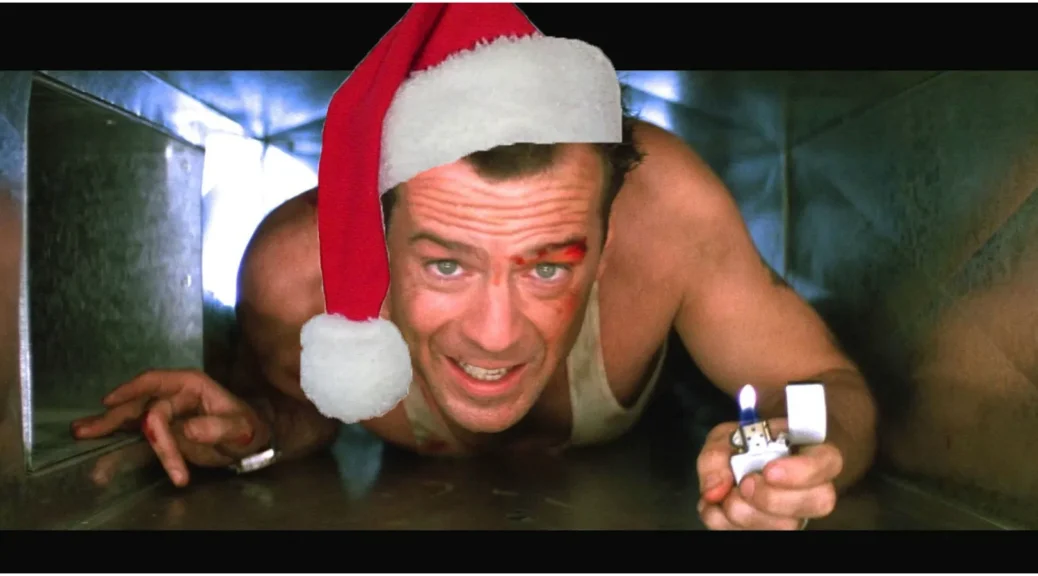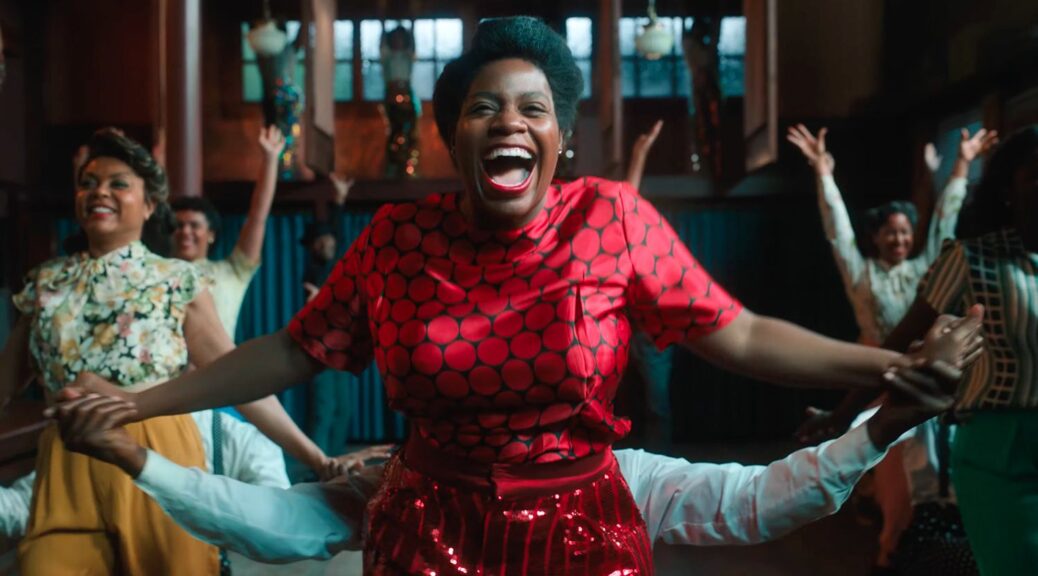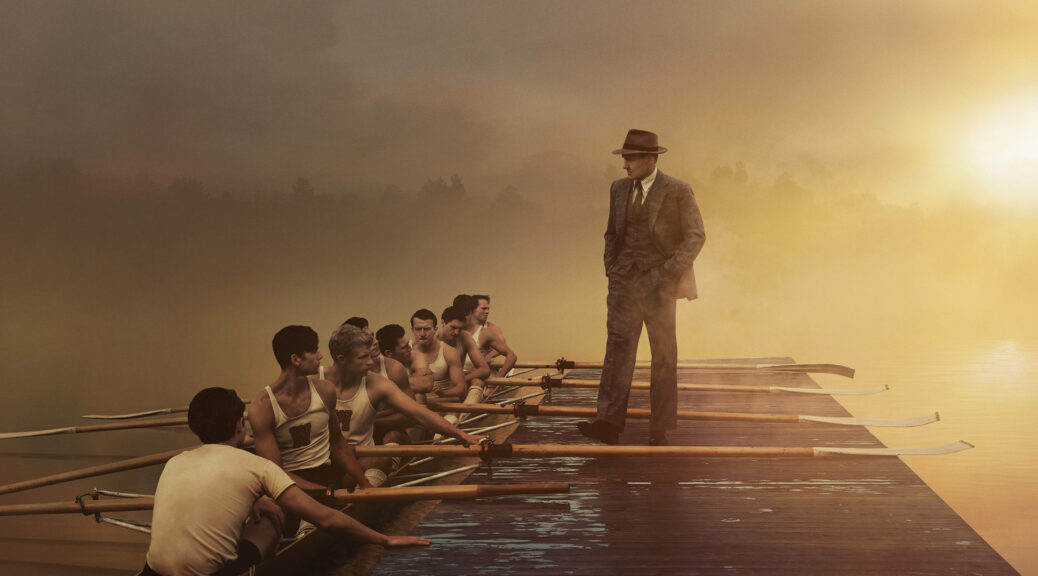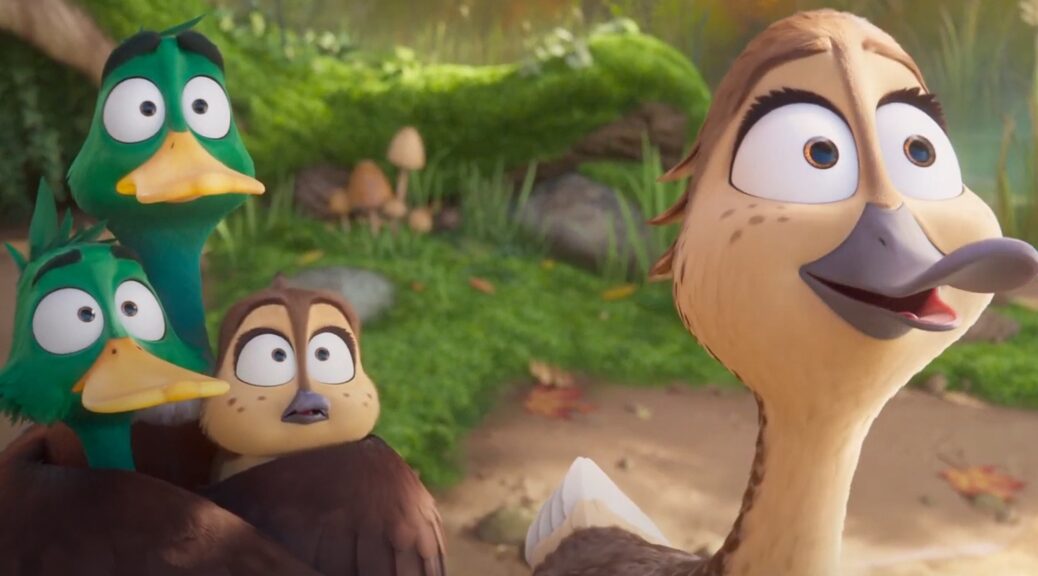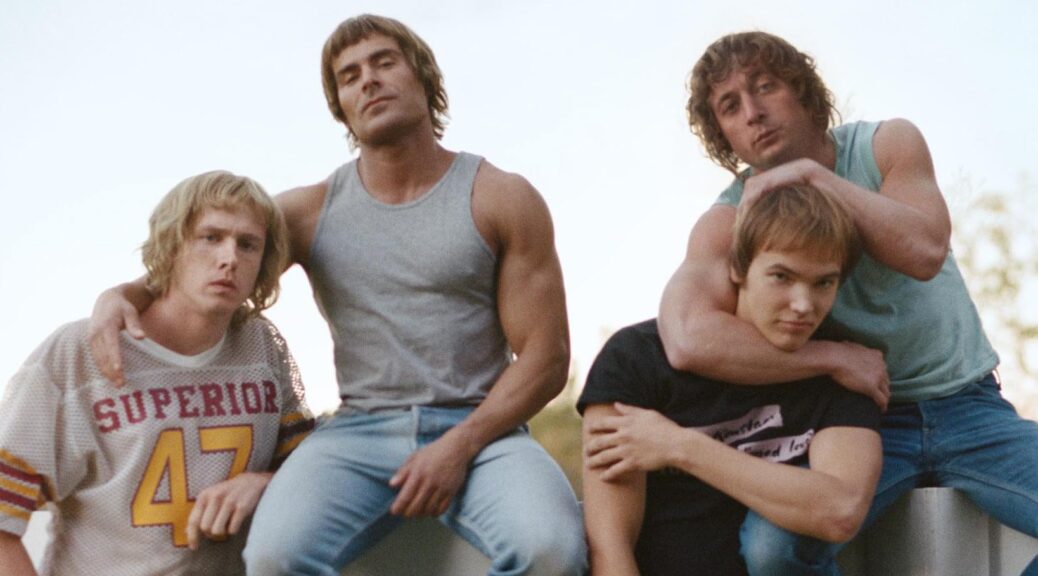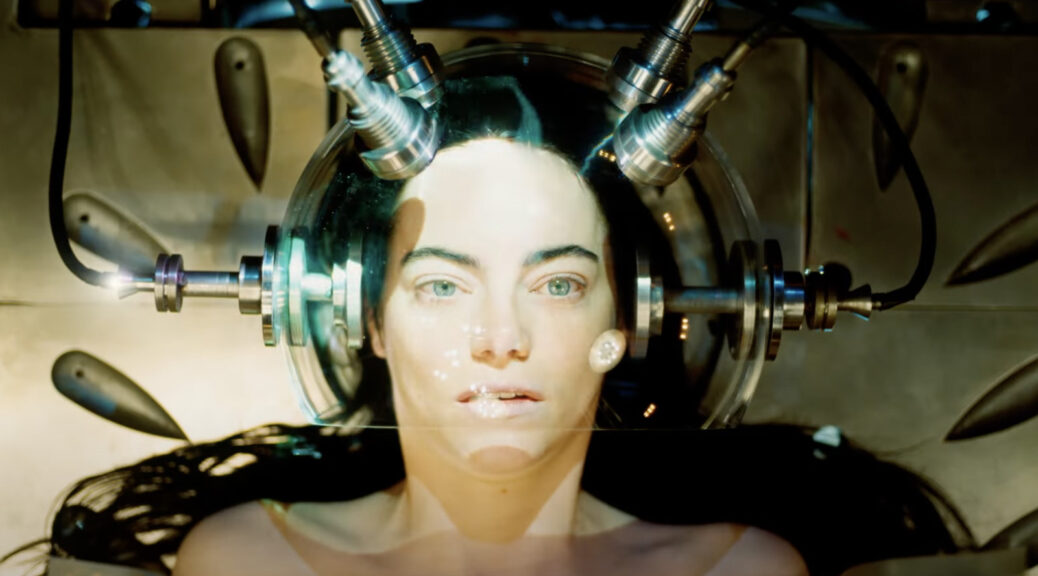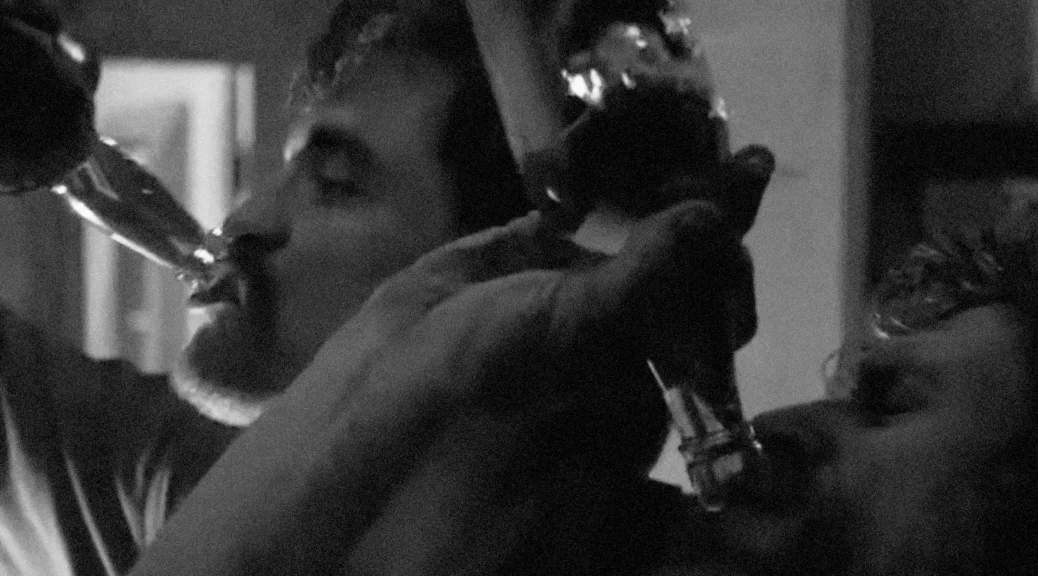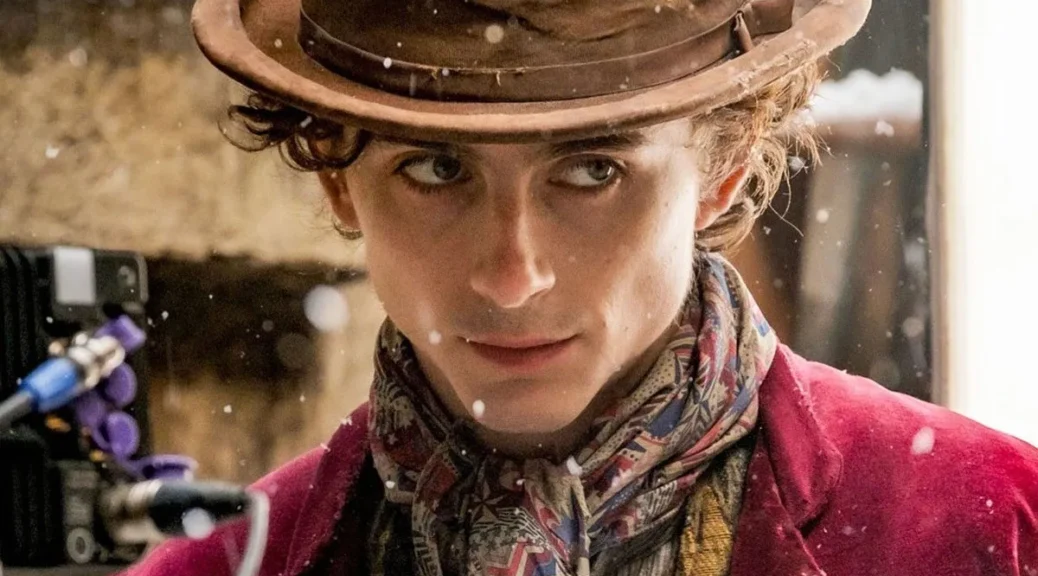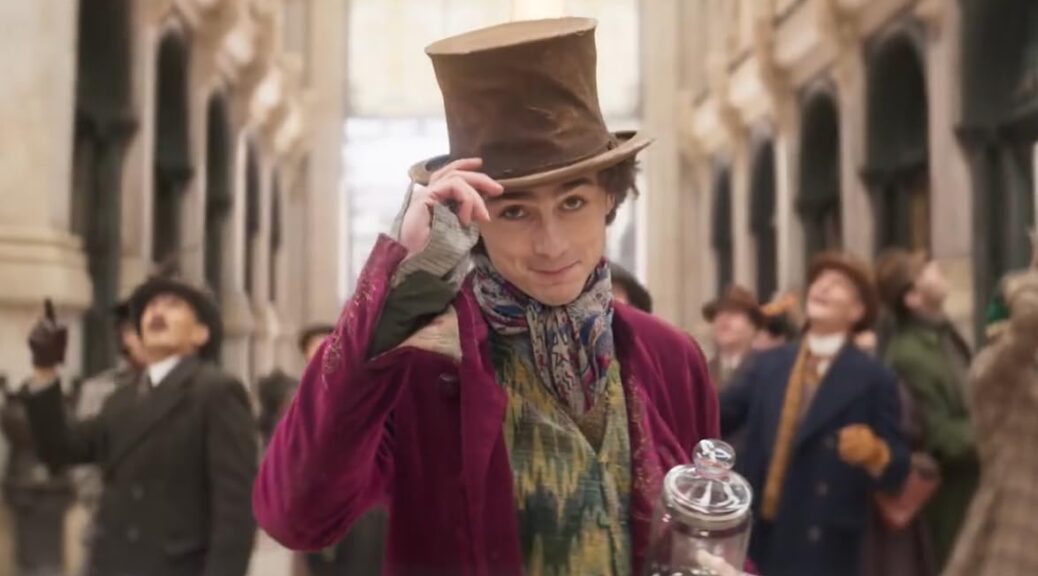by George Wolf
Trust me, I know that listing Die Hard as your favorite Christmas movie hasn’t been clever for a while now. Still, every holiday season the debate continues to bring heated opinions from both sides (and apparently, ancient scriptures).
And this year, the recent passing of actor Clarence Gilyard, Jr. (who played Theo) paired with Violent Night’s cheeky homage to both Die Hard and Die Hard 2 makes those well-drawn battle lines seem a bit fresher.
It was released in July, it isn’t!
But it’s set on Christmas Eve, it is!
No doubt, that December 24th setting does allow for a series of fun, seasonal references.
- Argyle playing Run-D.M.C.’s “Christmas in Hollis” in the limo
- McClane putting a Santa hat on a dead Tony and writing “Ho Ho Ho now I have a machine gun” on his sweatshirt
- Hans telling Theo “It’s Christmas, the time of miracles, so be of good cheer!”
- “Let It Snow” playing as Argyle drives John and Holly away at the end
All of those are just anecdotal moments. But if we can agree that plot is what happens and story is how it happens, Die Hard is nothing if not a Christmas story.
New York cop John McClane has only traveled 3,000 miles to L.A. so he can see his kids at Christmas, and hopefully reconcile with his estranged wife, Holly (pretty Christmas-y name!). McClane’s visit starts at Nakatomi Plaza because Holly is there attending her office Christmas party.
The Nakatomi party is the only activity in the building because it’s Christmas Eve night, which is precisely why Hans decides to invade when he does.
Could you find a way to replace all of these story beats with ideas that don’t have anything to do with Christmas? Sure you could, but the plot would not be as logical, as organic or as instantly relatable.
And, of course, McClane only wins his climactic showdown with Hans because there’s some tape nearby that was left over from wrapping presents. It could have been masking tape that was sitting there for some other unknown reason, but the Christmas tie-in lets the excitement resonate wonderfully, even before you can say “yippee ki yay!”
Die Hard is a Christmas movie simply because it’s a Christmas story. Without Christmas, it’s not the same movie. It would feel as forced as any of the countless imitators that came after it. McClane might still be a great everyman hero, and Hans could remain an iconic villain (Alan Rickman is perfection), but the entry point for embracing the entire adventure would be much, much, smaller.
Take the whole holiday motif a little further, and Gruber is nothing but a super smooth Grinch. He’s out to steal Christmas – along with the hundreds of millions in the Nakatomi vault – and McClane just wants him to see the error of his ways.
In fact, I like to think Hans’s heart grew three sizes that eventful Christmas Eve.
Right before he hit the ground.
